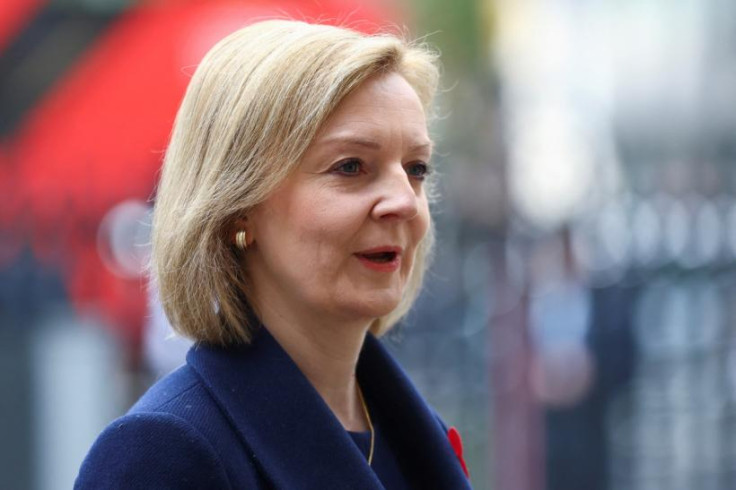UK rejects EU proposals to resolve N.Irish trade row
London has been threatening to rip up the protocol for months - potentially threatening a trade war with Europe at a time of soaring inflation
Britain rejected on Wednesday European Union proposals to resolve a standoff over post-Brexit trade rules for Northern Ireland, saying it would not shy away from taking direct action in the latest escalation between the two sides.
Striking a deal that preserved the peace, protected the EU's single market and avoided new borders on the island of Ireland and with Britain was always the biggest challenge for London as it embarked on its historic departure from the bloc.
It agreed a protocol which effectively created a customs border in the sea between Northern Ireland and the rest of the UK, but now says the required bureaucracy is intolerable.
London has been threatening to rip up the protocol for months - potentially threatening a trade war with Europe at a time of soaring inflation - causing alarm bells across Europe and in Washington.
Brussels offered to ease checks in October but British Foreign Secretary Liz Truss said the proposals failed to address the core problem, "and in some cases would take us backward".
"Prices have risen, trade is being badly disrupted, and the people of Northern Ireland are subject to different laws and taxes than those over the Irish Sea, which has left them without an Executive and poses a threat to peace and stability," she said in a statement.
Truss said the government wanted a negotiated solution, but added we "will not shy away from taking action to stabilise the situation in Northern Ireland if solutions cannot be found".
The Times reported that Prime Minister Boris Johnson's government could legislate to ditch checks on goods and tell businesses in Northern Ireland to disregard EU rules. But not everyone in Westminster will back such an approach.
Simon Hoare, a lawmaker for the governing Conservatives who chairs parliament's Northern Ireland select committee, said "no honourable country should act unilaterally within an agreement".
Ireland, Germany and the European Union have urged Britain not to take matters into its own hands, but local elections in Northern Ireland last week added impetus and Britain says nothing must threaten a 1998 peace deal which largely ended decades of sectarian violence between Irish nationalists and unionists.
Irish nationalist Sinn Fein, which accepts the protocol given its goal of Irish unification, emerged as the largest party in the election, while the Democratic Unionist Party (DUP), which fears losing ties with London, fell to second.
The DUP has now refused to form a new power-sharing administration unless the trading rules are overhauled.
(Editing by William James, Elizabeth Piper)
© Copyright Thomson Reuters 2022. All rights reserved.

Copyright Thomson Reuters. All rights reserved.





